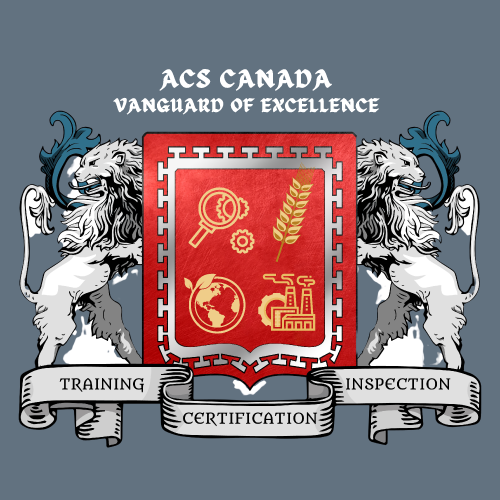ISO/TS 26030 CERTIFICATION

WHY SOCIAL RESPONSIBILITY IS IMPORTANT IN FOOD CHAIN?
Food industries are becoming more conscious of the need for and advantages of acting responsibly for others. Social responsibility's objective is to promote sustainable development. Measuring a company's overall effectiveness and ability to carry on operating efficiently now increasingly depends on how well it performs in relation to the society in which it operates and how its influence on the environment.
This guideline is a powerful tool that helps food companies move from good intentions to good practices linked to the United Nations sustainability framework. ISO/TS 26030 is intended to support businesses in the food chain that are committed to contribute to the achievement of the 17 Sustainable Development Goals (SDGs).
The seven core subjects of social responsibility and their issues are as follows:
1. Organizational governance: procedures and frameworks for making decisions.
2- Human rights: due diligence, instances when there is a risk to human rights, avoiding complicity, addressing complaints, discrimination against vulnerable groups, civil and political rights, economic, social, and cultural rights, fundamental principles, and workplace rights.
3. Labour practices: employment and employment connections, working conditions and social security, social interaction, health and safety at work, and training and development for employees.
4-Environment: pollution abatement, resource sustainability, adaptation to and mitigation of climate change, environmental protection, biodiversity, and habitat restoration.
5-Fair operational procedures: anti-corruption, ethical political engagement, fair competition, fostering sustainability throughout the value chain, and respect for property rights.
6-Consumer concerns: truthful advertising, accurate information, ethical business practices, safeguarding consumers' safety and health, sustainable consumption, customer service and support, complaint and dispute resolution, consumer data protection and privacy, access to necessary services, education, and awareness.
7- Community involvement and development: social investment, wealth and income creation, education and culture, employment creation and skills development, technology development and access.
Training at ACS Canada
ACS employs accelerated learning methods to ensure a comprehensive grasp of all certificates. Our approach involves contextualizing your learning through a wide array of options, including classroom instruction, workshops, as well as interactive and online sessions.
Unfortunately, there are no courses available for this certificate in our current calendar. However, please feel free to reach out to us for updates and to explore potential future offerings for the course.

